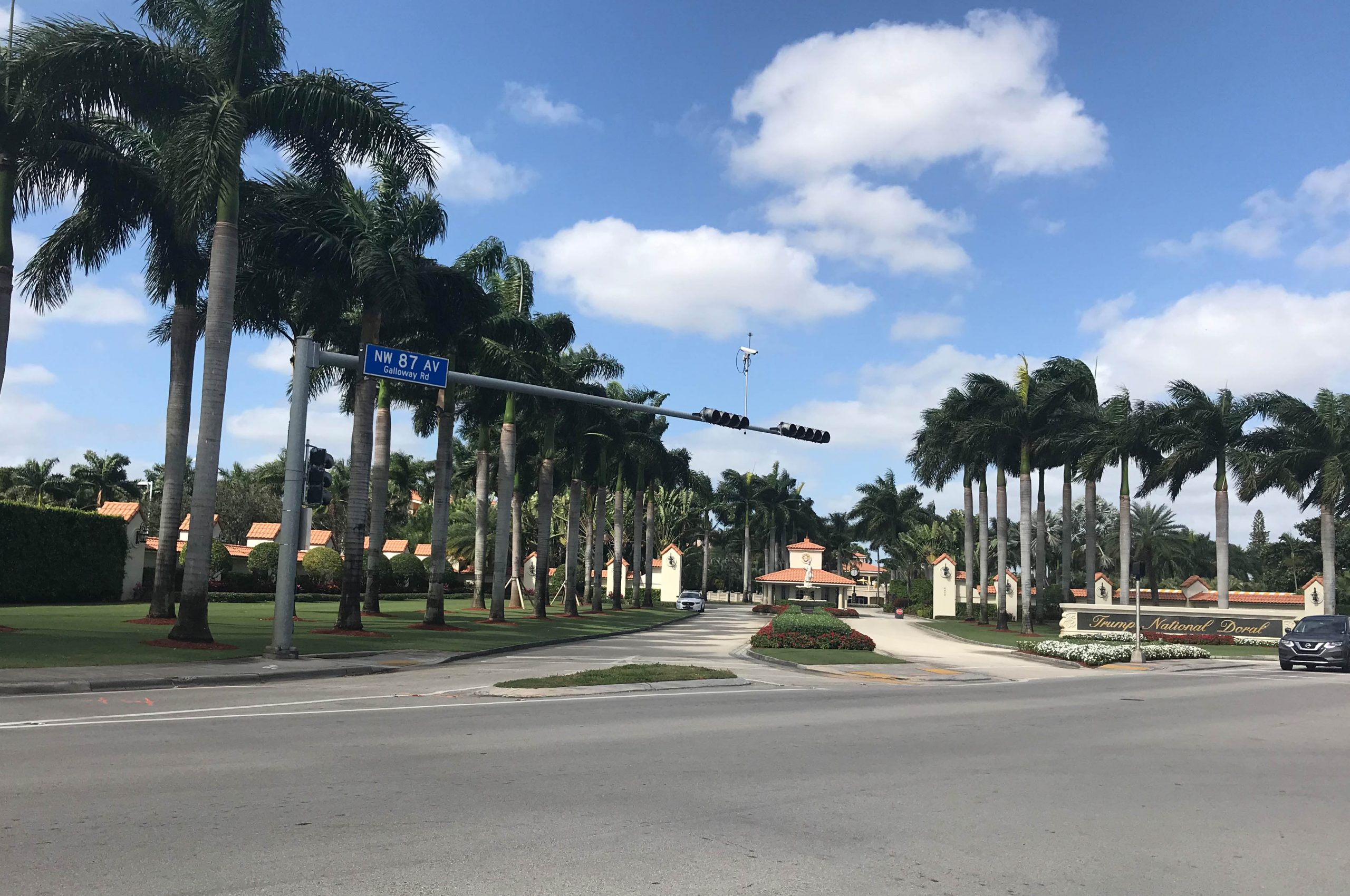This post has been read 1562 times!
 January 29, 2020- I have long been a critic of these sleazy hotel “resort fees” They are illegal. Now, various elected officials at the state and federal levels agree.
January 29, 2020- I have long been a critic of these sleazy hotel “resort fees” They are illegal. Now, various elected officials at the state and federal levels agree.
_______________________________
Scott McCartney of the WSJ 1-29-2020
“This is a straightforward price deception case,” the District of Columbia suit says.
Resort fees, now more than 10 years old, started with hotels basically mimicking airline baggage fees. But they go a giant step further by making the add-on fee mandatory—and making it hard to find.
On their websites and third-party booking sites, hotels post a room rate for customers to consider, then add an extra charge labeled in a variety of obtuse ways. That could mean a resort fee, destination fee, urban destination fee, amenity fee or facility fee. One boutique hotel in New York calls its fee a NYC Mandatory Facility Hotel Fee, making it look like one more government tax on hotel guests. It isn’t.
The advantage in the highly competitive hotel world is that a property can appear cheaper than it really is. Lauren Wolfe, a Washington, D.C., attorney who launched a website called Kill Resort Fees after getting burned during a Florida beach vacation, says resort fees in New York and other places are a bit of a tax dodge for hotels, too. Instead of collecting the 14.75% hotel tax on the fees, some hotels tax them at the 8.875% regular sales tax rate.
“The city is certainly losing out,” she says.
Ms. Wolfe thinks the federal legislation introduced in September may have a chance of passing because the industry can’t find a way out of the resort fee cycle on its own and might look to Congress to force better behavior.
“There are many issues that can unite Americans, and I think hating the hotel resort fees is, frankly, one of them,” she says.
In a video interview with LinkedIn last summer, Marriott Chief Executive Arne Sorenson concedes the issue is a “tough one” and “none of us as consumers necessarily love it.”
He added that Marriott has tried to be clear with its disclosure. “I don’t think they are going away,” Mr. Sorenson said.
Marriott said in a statement it won’t comment on the specifics of the D.C. lawsuit but does plan to fight it “because we believe it has no merit.”
Likewise, Hilton said in a statement it doesn’t normally comment on pending legal matters, but added, “Resort fees are charged at less than 2% of our properties globally, enable additional value for our guests, and are always fully disclosed when booking through Hilton channels.”
Resort fees have gotten more creative, and in some cases more expensive. The Circus Circus Hotel in Las Vegas has rates as low as $22 a night on Hotels.com. The third screen in the booking process, after you click “Let’s Book,” shows $22 plus $2.95 taxes and fees. Then it says, “Mandatory fees collected at property: $36.28.” That $22 rate is really more like $58.
The Oyo Hotel and Casino in Las Vegas is even more sly: Its $23 rate excludes a mandatory daily resort fee of $41.95, making the actual rate almost triple the displayed room rate.
In some cases, hotels label prices as “total price” while excluding the additional fee. Even the labels can be ambiguous and misleading. Marriott’s standard label on its website for its Renaissance Las Vegas hotel, for example, shows a daily room rate when you click on “View Rates” and a blue box saying, “daily destination amenity fee added to room rate.” It hasn’t yet been added to the room rate displayed underneath the box, however. Other Marriott hotels are clearer in saying the rate will be added, but still don’t bother to actually do the math when displaying a nightly rate.
In many cases, hotel companies don’t display even the existence of a mandatory additional fee until the second and third screen in the booking process. Sometimes hotels lump the charges in a breakdown called “taxes and fees,” making it seem as though it is beyond the hotel’s control, similar to international surcharges on airlines.
Even when you select specific hotels to compare side-by-side on Hilton’s website, the resort fee won’t show up. The Tropicana Las Vegas and the Hampton Inn & Suites Las Vegas South, both Hilton properties, are similarly priced, but one charges a resort fee (Tropicana) and one doesn’t. So the Tropicana may be listed higher in a search result, the Nebraska lawsuit noted, even though the Hampton Inn may be cheaper. Click to compare the two and you get a long list of amenities and services, all the way down to whether TVs have closed captioning, plus estimates of taxi cost from the airport. But no comparison of resort fees.
“Even an enterprising consumer would not be able to find the Tropicana Las Vegas resort fee disclosure by using the defendant’s comparison feature,” the suit says.
Hotels argue that in many cases consumers actually get something for the fee. It may not be something they want, however: maybe a coupon for bike riding, local phone calls on the hotel phone or a credit at the hotel restaurant. The Nebraska suit also notes that some hotels add free services to their mandatory-fee justification, such as use of the hotel gym.
The Life Hotel, in the former headquarters of Life Magazine, says its NYC Mandatory Facility Hotel Fee includes “unlimited filtered water.”
Hotels in many cities now add mandatory fees to guest bills so they can lure guests with cheaper advertised rates. Here are some of the more eye-opening practices:
When the fee is more than the rate
Oyo Hotel and Casino advertises a $23-a-night rate. That excludes a $41.95 daily mandatory resort fee.
When the fee is really big
Fisher Island Club and Resort in Miami Beach has a daily mandatory resort fee of $160.50.
When the fee is made to look like a government tax
Life Hotel in New York adds a daily fee of $33 plus tax to bills, labeled “NYC Mandatory Facility Hotel Fee.”
When the fee seems just seems like overkill
The Ritz-Carlton Kapalua in Maui, Hawaii, has oceanfront suites for $3,035 a night. Plus a $35 resort fee.
When the eggs are served on a fee
The Sheraton New York Times Square Hotel charges a mandatory destination fee of $25 a night but gives you a $30 daily restaurant credit.
